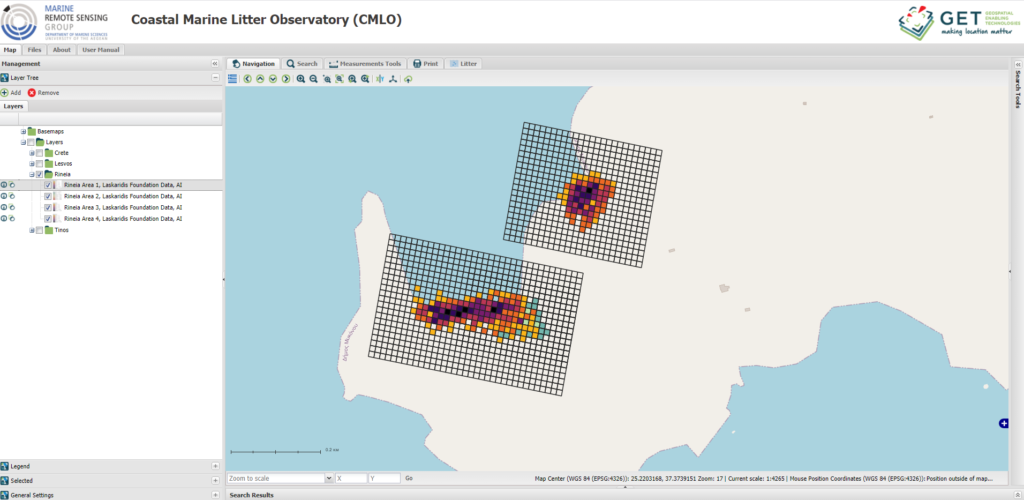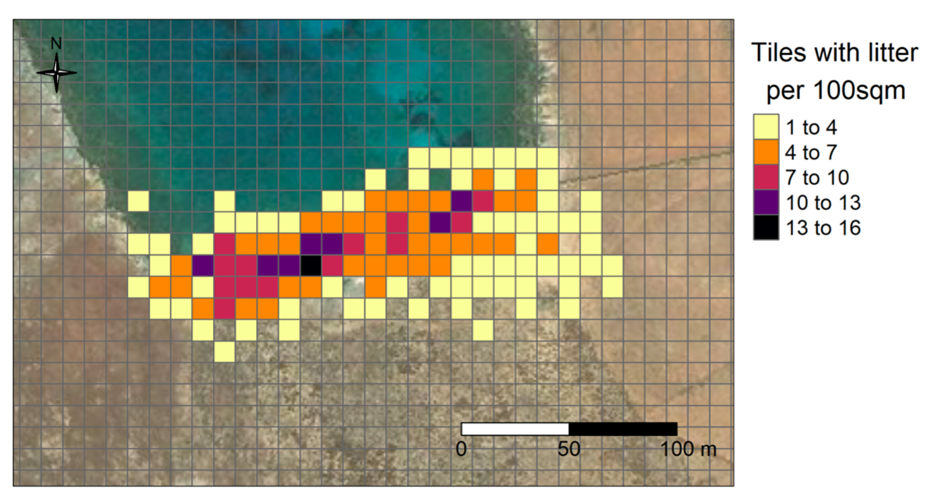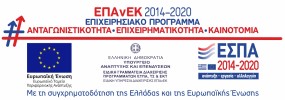The Athanasios C. Laskaridis Charitable Foundation and the Department of Marine Sciences of the University of the Aegean join forces to monitor the intertemporal plastic pollution in a place of the highest archaeological and environmental significance in Greece, the island of Rineia.
Rineia, an uninhabited island located near Mykonos and Delos, has 43 km coastline. It was a place of birth and burial for the inhabitants of Delos and during the first years of the Peloponnesian War (426/425 BC) it was transformed into a vast necropolis, when the Athenians imposed the purge on the island of Delos. It has a natural harbor and multiple bays that make it ideal for environmental monitoring of plastic pollution.
The Athanasios C. Laskaridis Charitable Foundation, faithful to the principles of sustainable development and the protection of the marine environment, joins forces with the Department of Marine Sciences (DMS) of the University of the Aegean, in order to monitor the plastic pollution on the shores of the Rineia. Pollution will be recorded using Unmanned Aerial Vehicle Systems (UAVs or drones) and will contribute feedback to the Coastal Marine Litter Observatory (CMLO) developed by the University of the Aegean. The analysis of aerial photographs will be done in a fully automated way, using artificial intelligence and cloud computing techniques. The results will be featured in an innovative, open source online geo-visualization application, which provides full access to the general public, created in collaboration with Geospatial Technologies (GET). The application generates density maps of plastic pollution in the coastal zone, allows the statistical analysis of data over time and provides direct access to raw data. The data collection will be done, through a specialized protocol developed by the University of the Aegean, by the company SciDrones. Important, for the development of the project, is the role of local actors who will participate in dissemination actions, awareness rising and transfer of know-how.
The innovative spatio-temporal recording of plastic pollution in a place with minimal human intervention is expected to be the first documented observation of plastic pollution on large scale in Greece. In addition, it is expected to contribute to the monitoring of plastics reduction policies in the European Union and to provide a basis for reliable large-scale scientific observations.







